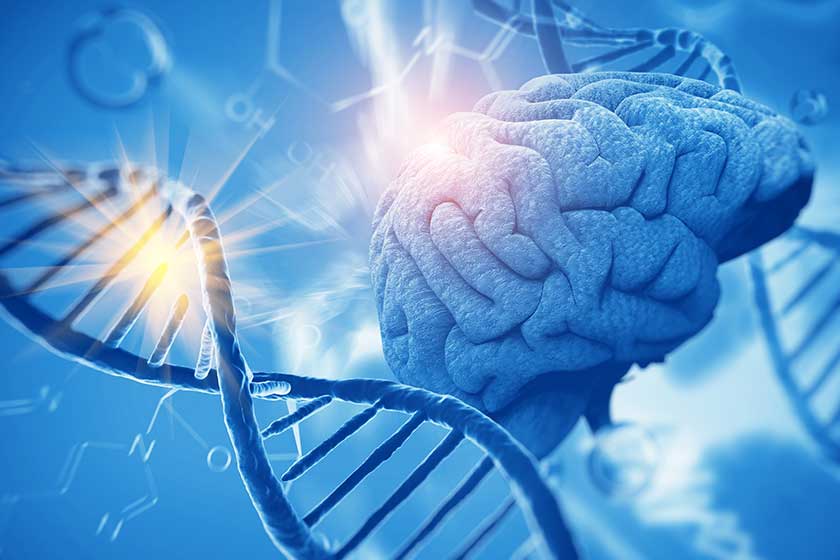When considering health concerns for you and your family members, the question of heredity is often paramount. If your parent had been diagnosed with Lewy body dementia, you may wonder: Is Lewy body dementia hereditary?
Lewy body dementia (LBD) is a common form of progressive dementia. Understanding whether Lewy body dementia is hereditary can help in planning and managing expectations for family health.
What Is Lewy Body Dementia?
Lewy body dementia is characterized by the presence of abnormal protein deposits in the brain, known as Lewy bodies. These deposits affect chemicals in the brain, leading to problems with thinking, movement, behavior, and mood. Lewy body dementia is not just a single condition but a spectrum that includes two related diagnoses: dementia with Lewy bodies and Parkinson’s disease dementia.
The Genetic Factors of Lewy Body Dementia
While the majority of Lewy body dementia cases appear to be sporadic, meaning they occur by chance without a clear hereditary pattern, there is a subset of cases where genetics do play a role where having a relative with Lewy body dementia may increase your risk, suggesting some genetic influence.
However, Lewy body dementia is generally not considered a directly inherited disease in the same way that some other disorders are. The genetic contribution to Lewy body dementia is likely due to a combination of genes, and not a single gene mutation.
Exploring Genetic Research and Studies
Several genes have been studied in relation to Lewy body dementia, including apolipoprotein E (APOE) gene, glucocerebrosidase (GBA) gene, and synuclein alpha (SNCA) gene. The APOE gene, which is also linked to Alzheimer’s disease, has been shown to increase the risk of Lewy body dementia when the APOE e4 variant is present.
Similarly, mutations in the GBA gene, associated with Gaucher’s disease, have been found more frequently in those with LBD compared to the general population.
Implications for You and Your Loved Ones
If you or your family members are concerned about the risk of developing Lewy body dementia, genetic counseling could provide valuable insights. Although genetic testing can identify certain risk factors, it is not definitive in predicting Lewy body dementia due to its complex nature.
More importantly, understanding the potential genetic risks can help in early monitoring and possibly mitigating the severity of the symptoms with early intervention.
Supporting Your Loved Ones with Lewy Body Dementia
For those already diagnosed with Lewy body dementia, managing the condition involves a comprehensive approach that includes medical treatment, caregiver support, and adjustments to the living environment.
Engaging in wellness programs organized by retirement communities designed to support cognitive health and well-being can also be beneficial. Additionally, enriching the lives of loved ones with stimulating experiences can be both enjoyable and beneficial for cognitive health.
While the hereditary aspects of Lewy body dementia might not be entirely predictable, understanding the genetic factors involved can assist in better planning for the health of you and your beloved family members.
Regular medical check-ups, genetic counseling, and staying informed about the latest research are key steps in managing and potentially mitigating the impact of Lewy body dementia.
If you or someone you care about is navigating the challenges of Lewy body dementia, considering a Memory Care community that understands the nuances of care needed can make a significant difference.
Reach out to discover how you can support your loved ones in a community that prioritizes their health and well-being.





